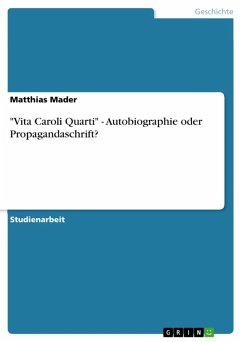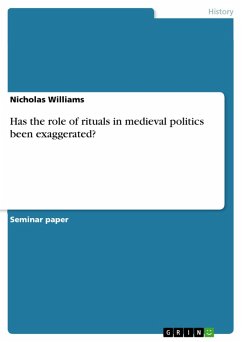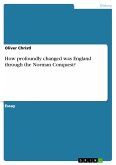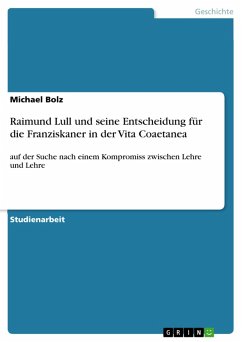Seminar paper from the year 2006 in the subject History of Europe - Middle Ages, Early Modern Age, grade: 1,5, University of Wales, Aberystwyth (History Department), course: Politics and Political Culture in Norman an Angevin Englang, language: English, abstract: Williams Rufus, the second Norman king in England, did not strike a chord with his contemporary chroniclers and writers of history. Instead, he was portrayed as just about everything a monarch should not be. This changed in later centuries, but once his image had been set by eleventh and twelfth century writers, many others just drew on them, manifesting the negative picture that existed of William Rufus and reinterpreting it only in nuances. It is not the subject of this essay to retrace and follow this picture throughout the ages, although the conclusion will come back to this point. Instead, the focus here will be on two medieval writers who wrote about William Rufus, Eadmer and Henry of Huntingdon. A short passage will deal with their backgrounds and the key features of their work, so far as they are relevant to their attitudes towards William Rufus. The main body will look at passages written about William Rufus, taking into account the rhetoric and language involved, comparing where they differ and where they have similarities. The focus here will be a critical one, highlighting contradictions within and between the texts. Finally, the conclusion will again question both Eadmer's and Huntingdon's motives, and try evaluate the use of their accounts of Williams Rufus.
Dieser Download kann aus rechtlichen Gründen nur mit Rechnungsadresse in A, B, BG, CY, CZ, D, DK, EW, E, FIN, F, GR, HR, H, IRL, I, LT, L, LR, M, NL, PL, P, R, S, SLO, SK ausgeliefert werden.









